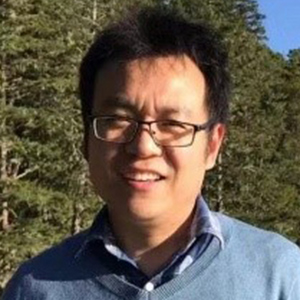Cyber-Physical Systems (CPS) tightly couple computing and network components with physical processes via sensors and actuators. Typical applications of CPS include autonomous vehicles, drones, and power grids. Compared to conventional IT systems, challenges in CPS security are distinct in terms of not only serious consequences in case of security breaches (e.g., vehicle crash) but also new attack surfaces (e.g., transduction attacks on sensors). In this talk, Dr. Kong will present his recent works on real-time attack-resilient CPS.

These works are motivated by the fact that the timing correctness of attack defense receives considerably less attention than its functional correctness, but untimely defense is just as damaging. His works pursue real-time attack-resilience through developing i) real-time and adaptive attack detection methods that can dynamically adapt the detection delay and false alarms on-the-fly, to meet the detection deadline and improve the usability of the detector; ii) real-time and trusted attack recovery methods that can safely bring CPS to target states before irreparable consequences occurs; and iii) real-time proactive defense methods that can enhance CPS’ safety and trustworthiness against hidden attacks that may bypass detectors. System demos with implementation of these methods on autonomous CPS simulators/testbeds will be also presented.
Dr. Fanxin Kong is a tenure-track assistant professor in the Department of Electrical Engineering and Computer Science at Syracuse University. Before that, he worked as a postdoctoral researcher in the Department of Computer & Information Science at University of Pennsylvania. He completed his Ph.D. in Computer Science at McGill University.
Dr. Kong’s research addresses security, resilience, real-time, and resource-efficiency for Cyber-Physical Systems, through techniques of machine learning, formal methods, control, optimization, and algorithm design, with applications to autonomous systems such as self-driving cars and drones. He has published over 50 research papers at highly reputable venues including RTSS, RTAS, EMSOFT, ICCPS, IoTDI, DAC, etc, various IEEE/ACM transactions, and books/book chapters. His research is supported by NSF, AFRL, AFOSR, DARPA, and has received multiple awards. He has served in organizing committees and technical program committees for many conferences and workshops. He is currently serving as the Information Director of ACM SIGBED.